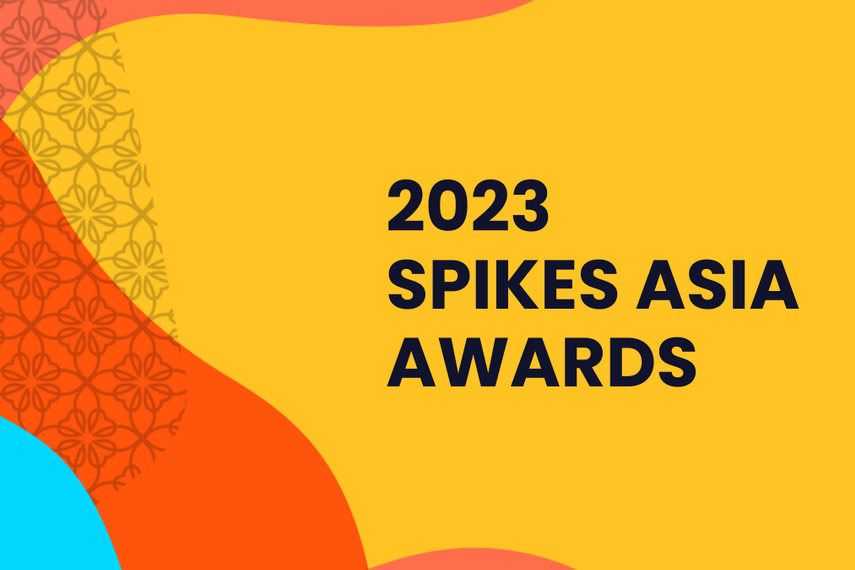
Please sign in or register
Existing users sign in here
Having trouble signing in?
Contact Customer Support at
[email protected]
or call+91 22 69489600
Leo Burnett India's work for Oreo and Whisper also won a Grand Prix each

Contact Customer Support at
[email protected]
or call+91 22 69489600
Top news, insights and analysis every weekday
Sign up for Campaign Bulletins
See the complete winner list for the South Asia region in the 2025 Agency of the Year awards.
Omnicom leaders rise to the top of the pecking order as details about new leadership across India, Australia and New Zealand emerge.
The future of discovery won’t be a search result. It will be a conversation, one where AI decides whose voice to amplify.
The campaign captures a bride's emotional journey as she prepares for a new chapter, highlighting the intimate relationship between bridal jewellery and personal expression.